11, June 2018
Germany’s Merkel says Trump G7 tweets ‘sobering, depressing’ 0
German Chancellor Angela Merkel has said the US President Donald Trump’s tweets concerning the G7 summit “sobering and a little depressing.”
“It’s hard, it’s depressing this time, but that’s not the end” of the Group of Seven, said Merkel during a televised broadcast on Sunday night.
Merkel added that Europe will implement counter-measures against US tariffs on steel and aluminum, similar to recent measures by Canada.
“So we won’t let ourselves be ripped off again and again. Instead, we act then too,” she said.
She added that the EU would also try to avoid retaliation by the US by imposing tariffs on cars.
“First of all, we’ll try and see if we can prevent this… And then hope that the EU will respond again in the same unity,” she said.
Earlier, German Foreign Minister Heiko Maas slammed Trump for sending tweets about a recent meeting of G7 group of industrialized nations, saying those statements are further destroying trust between the United States and traditional allies in the West.
Meanwhile, French President Emmanuel Macron has announced that the EU would continue to support the communiqué, which included commitment to a “rules-based international trading system” and a pledge to “continue to fight protectionism.”
“We spent two days to obtain a text and commitments. We will stand by them and anyone who would depart from them, once their back was turned, shows their incoherence and inconsistency,” said a statement released by Macron’s office.
“International cooperation cannot depend on fits of anger or little words. Let us be serious and worthy of our people,” it added.
Trump departed early from Quebec, where the G7 leaders were gathering, on Saturday, saying a more urgent priority for him was an upcoming face-to-face meeting with North Korea’s Kim Jong-un in Singapore.
“Europe United is the answer to America First,” wrote Trump in a series of angry tweets about the summit.
Source: Presstv
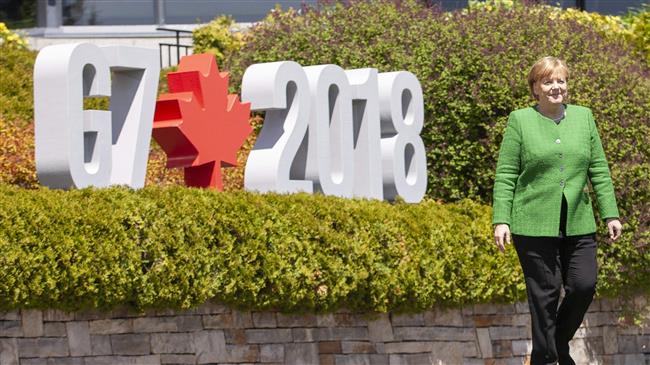

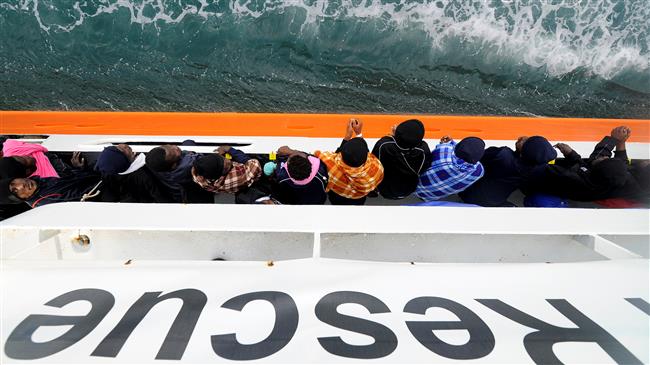





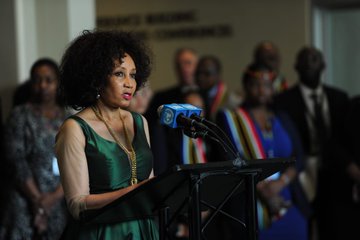

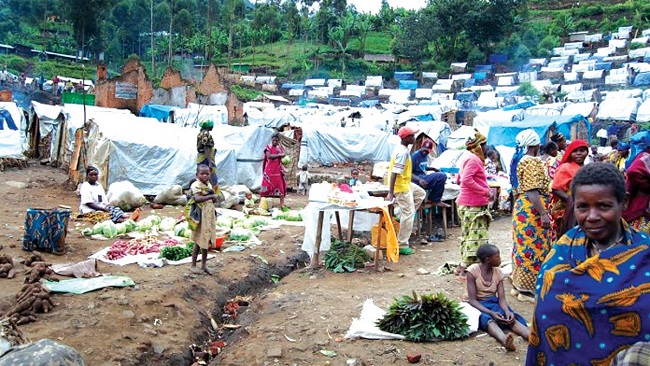
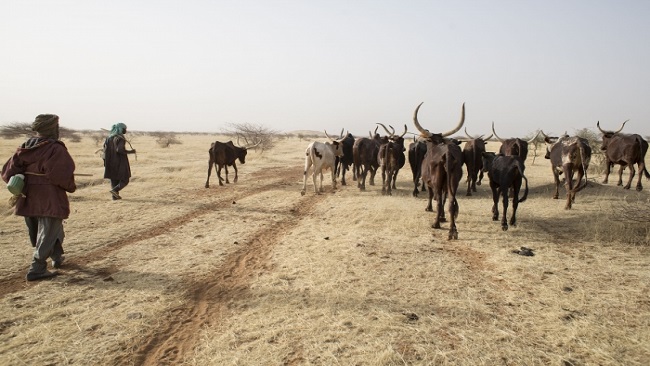
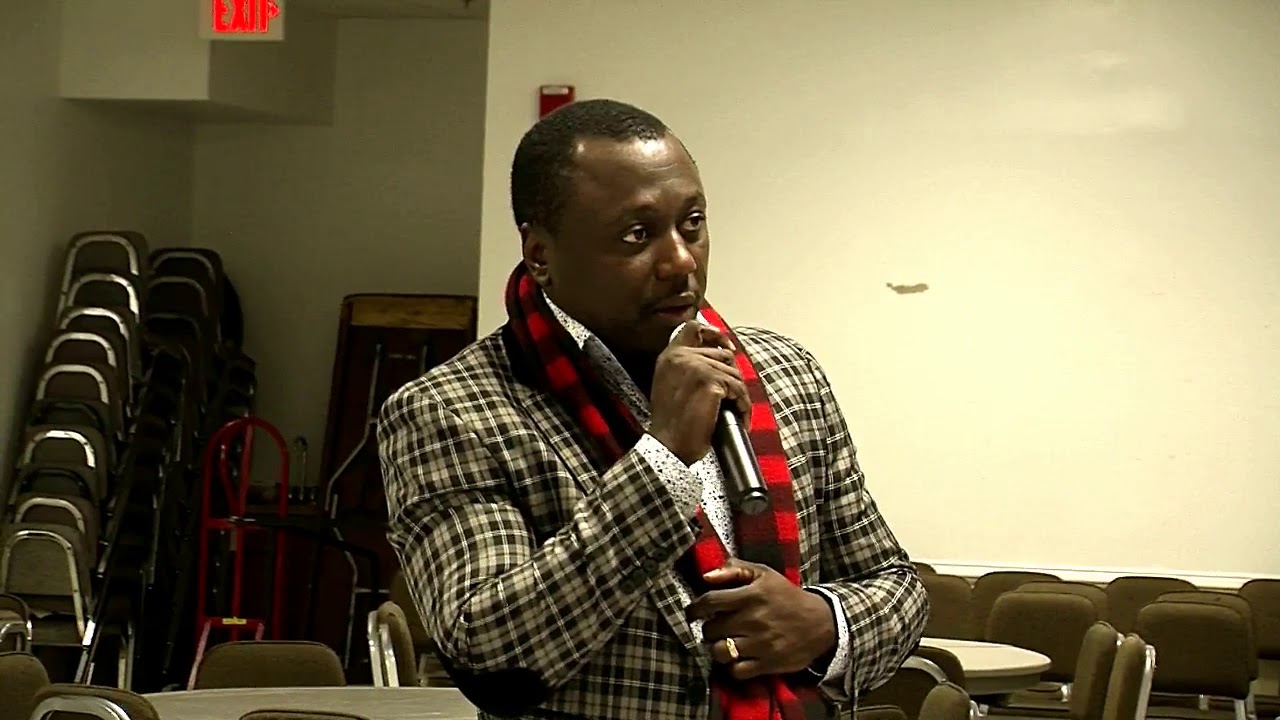













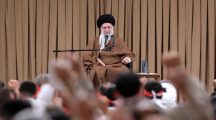






12, June 2018
Amnesty International says Southern Cameroons gripped by deadly violence 0
Armed separatists in Cameroon’s Anglophone regions have stabbed to death and shot military personnel, burned down schools and attacked teachers, while security forces have tortured people, fired on crowds and destroyed villages, in a spiral of violence that keeps getting more deadly, Amnesty International said today.
In a new report on Cameroon’s Anglophone crisis, ‘A turn for the worse: Violence and human rights violations in Anglophone Cameroon’, which is based on in-depth interviews with over 150 victims and eye-witnesses, and material evidence including satellite images, the organization documents how general population is paying the highest price as violence escalates in the North West and South West regions of Cameroon.
“People in Cameroon’s Anglophone regions are in the grip of a deadly cycle of violence. Security forces have indiscriminately killed, arrested and tortured people during military operations which have also displaced thousands of civilians. Their heavy-handed response will do nothing to calm the violence – in fact it is likely to further alienate Anglophone communities and fuel further unrest,” said Samira Daoud, Amnesty International Deputy Director for West and Central Africa.
“For their part, armed separatists have killed dozens of members of the security forces. They also carried out attacks designed to strike fear amongst the population, going as far as burning down schools and targeting teachers who did not enforce the boycott.”
The Anglophone regions of the Cameroon – the South-West and North-West – make up approximately 20% of the country’s population. Many of their grievances date back to the early 1960s, when these regions were included in the newly established, mostly French-speaking, Republic of Cameroon.
Violence and unrest escalated in late 2016 after a series of strikes and protests against what teachers, lawyers and students viewed as further discrimination against Anglophones. Between 22 September and 1 October 2017, large-scale protests were organized across the Anglophone regions to symbolically proclaim the independence of a new state of “Ambazonia.”
Torture and killings by the military
Cameroon’s military has responded to these protests with arbitrary arrests, torture, unlawful killings and destruction of property. In one striking incident, satellite images and other photographic evidence obtained by Amnesty International show the complete destruction of the village of Kwakwa, which was burned to the ground by Cameroonian security forces following an operation conducted in December 2017 in connection with the killing of two gendarmes by suspected armed separatists.
In some cases, following these security operations, people were arbitrarily arrested and tortured while detained in illegal detention facilities and in secret. For instance, at least 23 people, including minors, were arrested by the security forces in the village of Dadi on 13 December 2017 and spent three days in incommunicado detention. They told Amnesty International that during this time security forces tortured them to extract “confessions”, to force them to admit having supported the separatists.
Victims described being blindfolded and severely beaten with various objects including sticks, ropes, wires and guns, as well as being electrocuted and burnt with hot water. Some were beaten until they lost consciousness, and Amnesty International documented that at least one person has died in custody.
One man who was arrested on 13 December 2017 in Dadi gave a harrowing account of the torture he suffered:
“… They tied our hands behind our backs, gagged us and tied our faces with our towels and shorts, which they tore. They, then made us lie in the water, face down for about 45 minutes… During three days, they beat us with shovels, hammers, planks, and cables, kicked us with their boots and poured hot water on us… when I tried to move and shouted, one of them used the cigarette he was smoking to burn me.”
Amnesty International also received information about numerous instances of deaths in custody. In one case, on 3 February 2018, the bodies of four men, who had been arrested in the town of Belo by the security forces the day before, were found at the Bamenda Regional Hospital mortuary, bloodied and with signs of torture.
Amnesty International has also documented unlawful killings, including during three security operations conducted by the army in the villages of Dadi, Kajifu and Bodam (South-West) in December 2017.
Attacks on schools and teachers by separatists
The report also documents how teachers and students have been targeted by separatists for not participating in a boycott of schools perceived by many as a symbol of how the English language and cultures in the Anglophone regions have been marginalized by the authorities. At least 42 schools were attacked by armed separatists between February 2017 and May 2018.
Amnesty International has documented various attacks on students and teachers. On 30 January 2018, a masked gunman, suspected to be a member of an armed separatist group, stormed the Government Primary School in Ntungfe (North-West region). Armed with a locally-made gun, he shot one teacher in the legs, and set fire to a motorbike before escaping.
The wounded teacher told Amnesty International:
“The assailant […] told me that I was still coming to school in defiance of calls for a schools boycott. […] He then asked me to raise my hands, but before I could do so, he shot me. I fell to the ground…”
Between September 2017 and May 2018, at least 44 members of the security forces were killed in attacks at checkpoints, in the streets, or on their duty stations in both the North-West and South-West regions.
In one attack, on 1 February 2018, in the locality of Mbingo, North-West region, two gendarmes manning a checkpoint were stabbed to death by a group of young separatists armed with knives and machetes.
Amnesty International has also documented five attacks on traditional chiefs, who separatists accuse of sympathizing with the government.
“The armed separatists repeated targeting of the general population demonstrates a total disregard for human life, and is another example of the threat faced by people in the Anglophone regions,” said Samira Daoud.
“Authorities must ensure accountability for crimes committed by the security forces as well as by the armed separatists. They must immediately end the use of unlawful, unnecessary and excessive force and ensure that people are protected.”
Source: Amnesty International